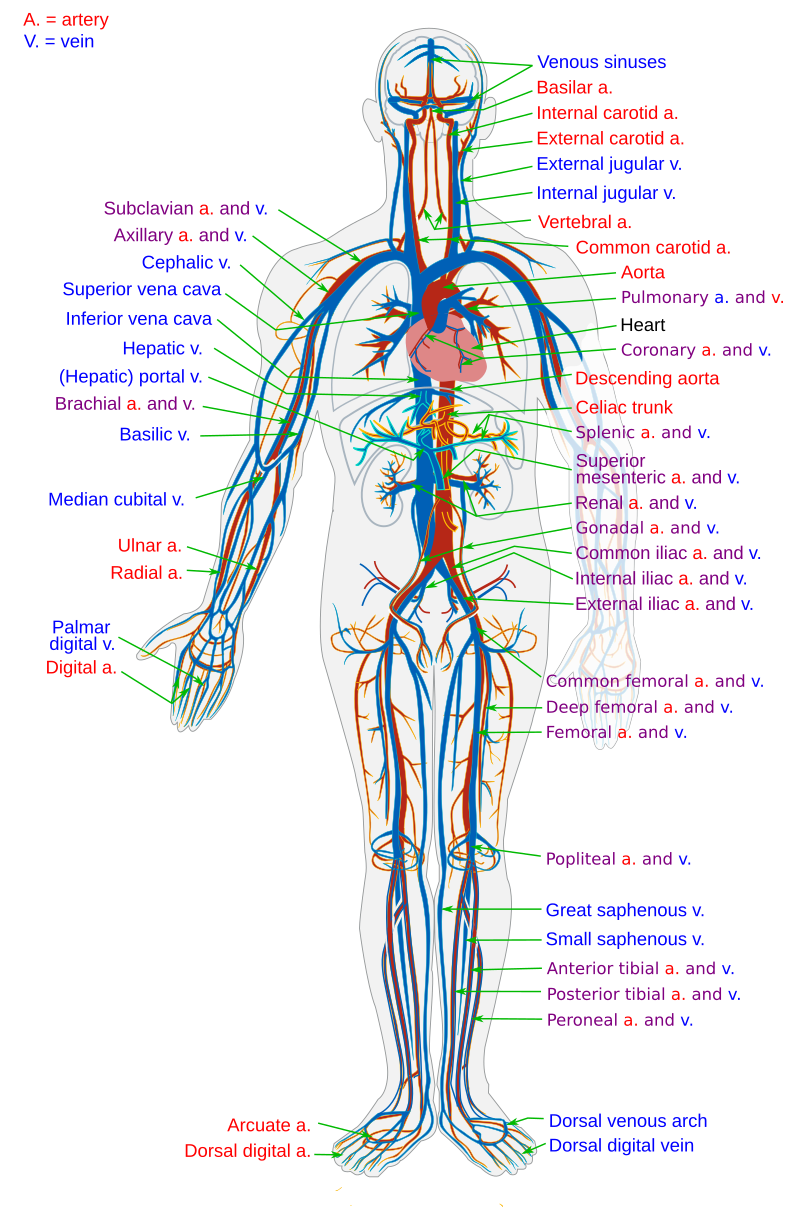New Research Validates Exercise as Essential in Cancer Treatment

In a significant advancement in cancer care, Dr. Lucy Gossage, a consultant oncologist at Nottingham University Hospitals NHS and former triathlon champion, has endorsed new research that substantiates the role of physical exercise as an effective treatment for cancer patients. The findings, published in the prestigious New England Journal of Medicine, stem from the CHALLENGE trial, a groundbreaking randomized controlled study that rigorously examined the effects of exercise on post-chemotherapy patients.
The CHALLENGE trial, which involved 889 participants who had completed chemotherapy following bowel cancer surgery, demonstrated compelling evidence that a structured exercise program can substantially lower the risk of cancer recurrence and mortality. Participants engaged in a personalized three-year exercise regimen under professional guidance, contrasting with a control group receiving general health education materials. Results revealed that those in the exercise group experienced a 28% reduction in the risk of developing a new cancer and a 37% decrease in mortality risk over eight years.
Dr. Gossage has long advocated for the integration of exercise into cancer treatment protocols. "For years, I’ve ended conference talks anticipating definitive trial data to confirm this. Now, that time has come,” she stated. Her advocacy took shape through the establishment of the Move Against Cancer initiative, which seeks to empower cancer patients through physical activity despite initial skepticism from some healthcare professionals. Dr. Gossage noted, "Some assume my background as a professional triathlete clouds my judgment. But after seven years, I’ve witnessed firsthand how movement can empower people physically, mentally, and emotionally."
The implications of this research are profound, suggesting that exercise should be regarded not merely as an adjunct to cancer care but as a fundamental component. Dr. Gossage emphasized that the benefits of prescribed exercise are comparable to those of many pharmacological treatments, which often come with severe side effects and high costs. "If we had a pill with minimal side effects and low costs with these results, we’d be prescribing it tomorrow. Exercise must become a standard part of cancer care, alongside treatments like anti-cancer drugs and radiotherapy,” she argued.
The CHALLENGE trial represents a pivotal moment in oncology, challenging traditional perceptions regarding exercise and its role in recovery. This study presents an opportunity for healthcare systems to reevaluate their treatment strategies and integrate exercise specialists into cancer care frameworks. Dr. Gossage's vision includes initiating discussions about physical activity at diagnosis, funding community exercise programs, and developing national guidelines that encompass this evidence.
The integration of physical activity into cancer treatment plans echoes the rehabilitation models established for cardiac patients. As Dr. Gossage articulated, "Just as cardiac rehab supports heart patients in their recovery, we should create a similar model for cancer patients. Exercise is something patients can do for themselves, at a time when so much feels out of their control."
This new research not only validates the long-held beliefs of advocates like Dr. Gossage but also sets the stage for a transformative shift in how healthcare approaches cancer recovery. As the medical community grapples with these findings, the hope is that more patients will be empowered to incorporate exercise into their healing journeys, leading to improved health outcomes and enhanced quality of life.
Advertisement
Tags
Advertisement





